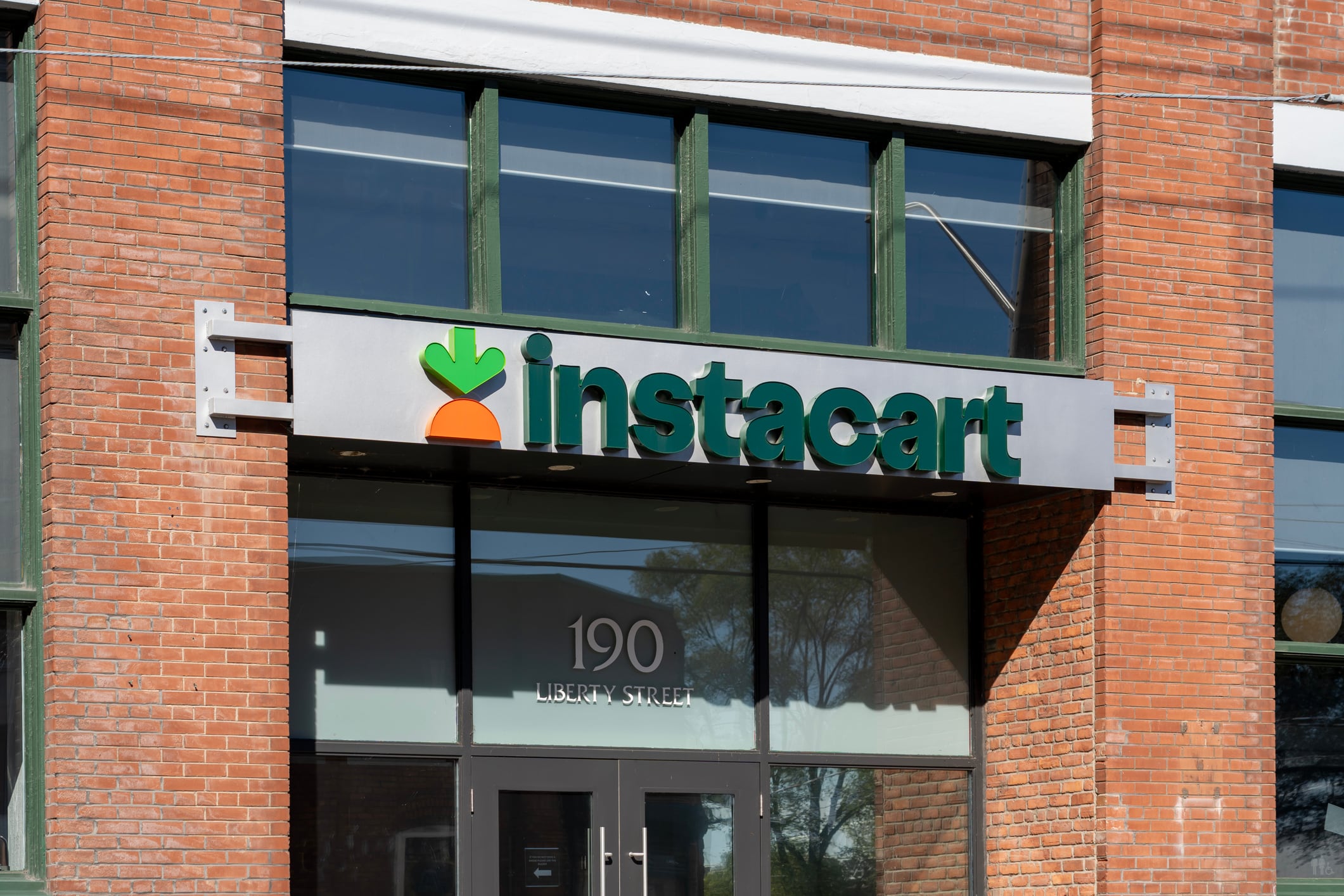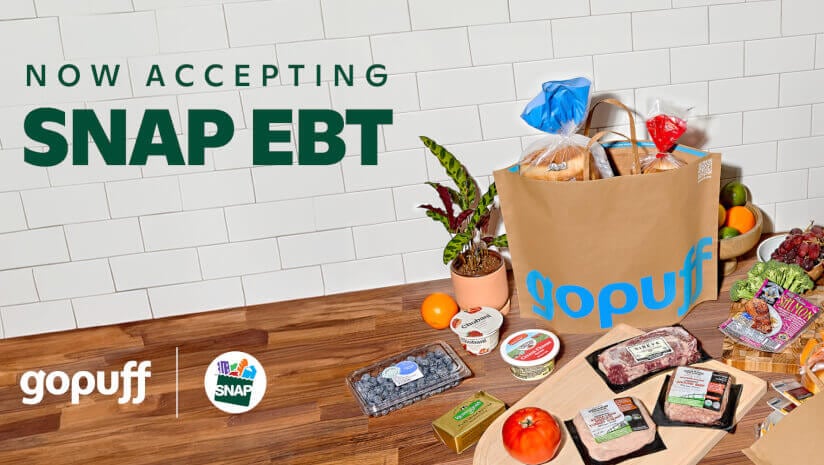Instacart‘s new health policy agenda lays out how brands and retailers can tap into audiences receiving nutrition assistance from insurers and the government and emerging “food-as-medicine” programs, including permanent online access for SNAP beneficiaries and medically-tailored groceries in Medicare and Medicaid.
With federal uncertainty around SNAP funding and a rising national focus on “food as medicine,” Instacart is renewing its call for policy reform that makes nutritious food more accessible to every household.
Instacart outlines in its 2025 health policy agenda a comprehensive set of policy priorities designed to modernize federal nutrition programs like SNAP and WIC while expanding Medicare and Medicaid coverage for medically supportive food. The report positions Instacart not just as an ecommerce platform, but as a stakeholder in the country’s public health infrastructure – one using technology, partnerships and policy advocacy to connect food access with better health outcomes.
“Everyone should have access to healthy, nutritious food – every person, every family, every community,” said Casey Aden-Wansbury, VP of policy and government affairs at Instacart. “But far too many Americans still struggle to put good food on the table. These twin challenges – food insecurity and poor nutrition – require practical, bipartisan policy solutions.”
Strengthening food assistance in the digital era
Instacart’s policy priorities reflect progress and challenges ahead.
In 2023, the company became the first online grocery marketplace to accept EBT SNAP benefits in all 50 states and Washington, DC. Its tools like Fresh Funds and Smart Shop help families make healthier food choices, while its work with groups like Partnership for a Healthier America have delivered nearly 10 million servings of fruits and vegetables to low-income families.
Still, Instacart argues, federal nutrition programs must evolve to meet how Americans live and shop today. The agenda calls for making the SNAP Online Purchasing Pilot permanent and streamlining the certification process for retailers and ecommerce platforms. It also supports modernizing WIC – extending eligibility, standardizing online payment systems and simplifying retailer enrollment – so families using benefits can shop online with the same ease and dignity as everyone else.
These recommendations come as the temporary pause in SNAP funding has reignited debate over the program’s stability. Instacart’s roadmap underscores how digital access and stronger benefits at the state level could create more consistent, equitable access to healthy foods, even during funding disruptions.
Integrating nutrition into healthcare
The second pillar of the agenda centers on expanding Medicare and Medicaid coverage for medically supported food. Instacart is calling for policymakers to recognize nutritious food as “primarily health-related,” allowing it to be covered as a supplemental benefit under Medicare Advantage. The company also supports standard billing codes for produce prescriptions and medically tailored groceries – critical infrastructure that would allow health systems to bill, track and scale these interventions.
For Medicaid, Instacart proposes a universal waiver model to help states implement food-as-medicine programs more efficiently, including through Section 1115 waivers and In Lieu of Services (ILOS) authority. ILOS refers to a Medicaid policy that permits states to deliver non-traditional or non-medical services instead of conventional Medicaid services, as long as they improve or address health outcomes.
Instacart also calls for clarifying “safe harbor” provisions so healthcare organizations can provide nutrition interventions without legal uncertainty, and for ensuring those programs count toward medical loss ratios – incentivizing plans to invest in food-based health solutions.
A new frontier for retailers and CPGs
For CPG brands and retailers, Instacart’s agenda signals potential opportunity towards the modernization of digital benefit programs and the growing integration of food into healthcare. By making SNAP and WIC easier to use online, more consumers – including low-income and health-conscious shoppers – can access nutritious products through ecommerce platforms like Instacart.
“Many of [Instacart’s] proposed solutions would tap into the uniquely powerful role that retailers and CPGs play in helping improve nutrition and public health by, for example, making the online SNAP pilot a permanent program and scaling medically-tailored grocery programs to reach more individuals and communities. At the same time, we’re also collaborating with CPGs and retailers on the Instacart platform to make it even easier for consumers to discover products that support their individual health goals,” according to an Instacart spokesperson.
Similarly, as Medicare and Medicaid explore coverage for medically supportive foods, there may be new pathways for brands to provide nutrient-dense, evidence-based products that align with these programs. The company emphasizes that technology and private sector commitment, paired with relevant public policy, can expand access to nutritious food and help families make healthier choices.
“The next step is ensuring those solutions aren’t temporary – they’re permanent, scalable and integrated into the systems that shape how Americans eat and live,” said Aden-Wansbury.




